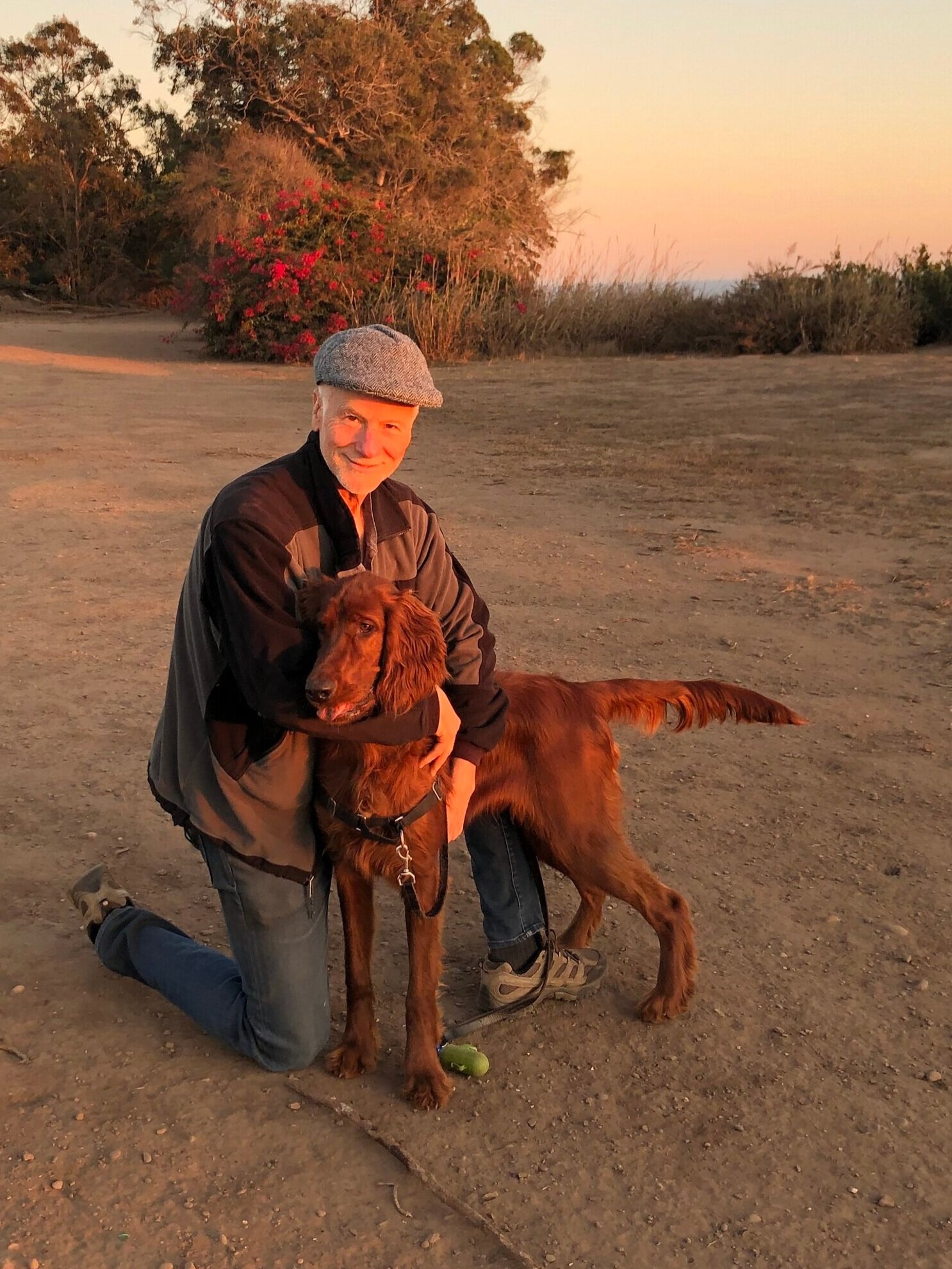Limitations on the Path of Self-Discovery
/It is both normal and wonderful for young people to look deeply into who they are, yet I see many who have gotten waylaid, in my view, by questions of identity. This has increased particularly in the past 10 years, as the focus on race and gender have been emphasized, more and more, particularly on the left and by reaction on the right as well.
The deep philosophical questions I encourage in young patients involve such issues as:
What do I love?
What moves me?
Who am I attracted to?
Given the fact of death, what gives my life meaning?
Does the self have any solidity?
What is belief, in any tradition or system of religious authority, and is it relevant to leading a good life?
Am I drawn to spiritual practice and inquiry?
What is my responsibility toward the world?
However, in the current climate where I see teens immersed for years in gender identity questions or particularities of race, those essential questions may not be asked at all. By identifying more and more with a particular attribute, the multi-dimensional growth so important in teens can be missed.
In my tradition of yoga, there is a general term for our roles in life: dharma. We can have specific dharmas, or sacred duties, e.g. being a father, or a student, or a doctor, or a friend. But beyond those we have a unique path called a sva-dharma. This is unique to each of us, and cannot be imitative of someone else. It is developed and discovered through a process of learning about ourselves deeply, and proceeding in life according to our gifts, traits, inclinations and what provides meaning. When we live a life not according to sva-dharma, we become distressed, anxious or depressed. This is called a-dharma, or not-dharma.
On the other hand, when we make course corrections according to self-knowledge, even if the path is very challenging we feel calm, open, energized and good about this direction. This is sva-dharma.
I find it is best to explore one’s attributes such as gender identity, racial background, etc. as part of self-knowledge, particularly if it has caused pain or discrimination, but only as a step toward self knowledge. Then, if one can hold that understanding loosely without attaching too much importance to it, one can then move into more important questions involving how to live wisely and happily in this world, what work suits us, who to befriend and how to love.
Furthermore, what I have discovered through decades of yoga and meditation practice is that identity has a paradoxical nature. On the one hand, I am a very particular human being with a unique past, talents and weaknesses, things I love and many I don’t, who has a way of working and being in the world that are a direct expression of this unique nature.
But underneath that, beside that, parallel to that, there is no “self” here at all. It is simply a construction of thoughts, feelings and perceptions that are constantly changing. There is nothing to grasp or cling to as “I.”
When we identify with anything, be it a belief system, religion, gender identity, racial feature, political viewpoint, or conditioning from our family, we lose the sense of the empty nature of self. Reifying identity features separates people, and has throughout our history; my religion or race over yours, my beliefs, my country, the specifics of what I identify with sow division, hatred and violence.
Less or non-identification with these attributes means we are all simply a human family, we all suffer and will die, and we all deserve happiness and have a duty to each other. Even beyond that we are living beings among other conscious beings, on a planet that gives rise to consciousness. How amazing! How freeing! This is perhaps a better way to direct our gaze in the search for who we are.
